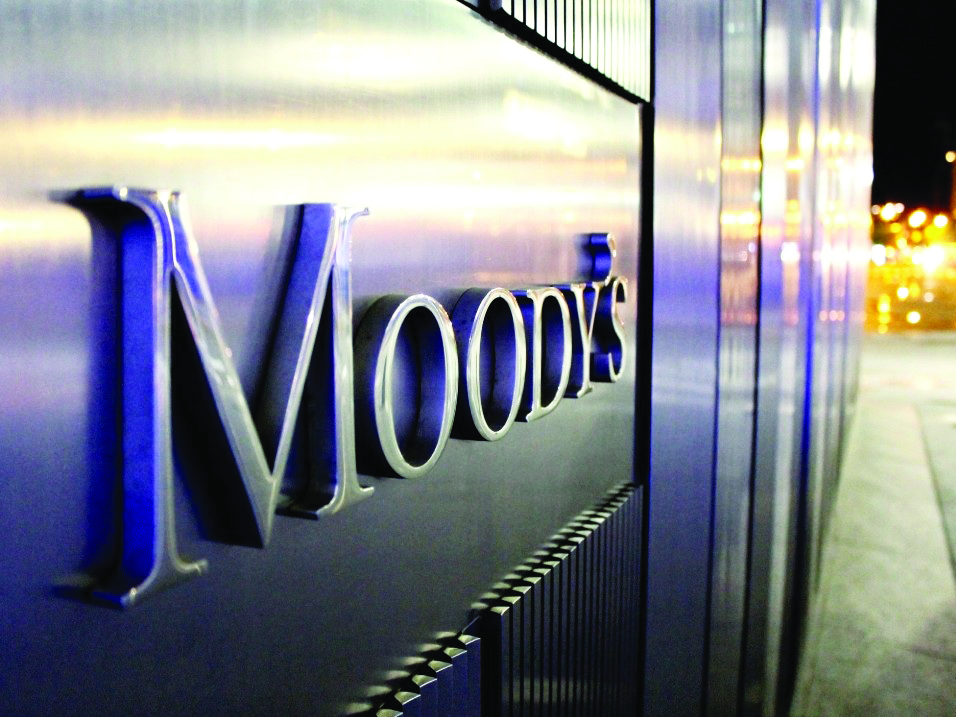FinMin officials to meet Moody’s representatives on June 16, pitch for sovereign rating upgrade

New Delhi: The Finance Ministry officials will showcase India’s strong economic fundamentals and pitch for a sovereign rating upgrade in a meeting with US-based Moody’s on June 16.
Moody’s Investors Service has a ‘Baa3’ sovereign credit rating on India, with a stable outlook. ‘Baa3’ is the lowest investment grade rating.
Economic Affairs Secretary Ajay Seth, Chief Economic Advisor V Anantha Nageswaran and other senior officials from key ministries would talk about the ongoing economic reforms, government thrust on infrastructure development and forex reserves nearing $600 billion, sources said.
The government had largely met its fiscal objectives over the past two years. The fiscal deficit, which is the difference between government expenditure and revenue, narrowed to 6.4 per cent of GDP in 2022-23 fiscal, from 6.7 per cent of GDP in 2021-22 fiscal.
In the current fiscal, the deficit is budgeted at 5.9 per cent of GDP.
As per the fiscal consolidation roadmap, the government intends to bring down the fiscal deficit below 4.5 per cent of GDP by 2025-26.
Last month, two other global rating agencies S&P and Fitch had kept India’s rating unchanged at ‘BBB-’, with a stable outlook.
All three global rating agencies Fitch, S&P and Moody’s have the lowest investment grade rating on India, with a stable outlook. The ratings are looked at by investors as a barometer of the country’s creditworthiness and impact borrowing cost.
Last week, Moody’s Investors Service Associate Managing Director Gene Fang said the Indian economy is expected to clock a 6-6.3 per cent economic growth in the June quarter, and flagged risks of fiscal slippage arising from weaker-than-expected government revenues in the current fiscal.
For the full 2023-24 and 2024-25 fiscals, Moody’s projects economic growth at 6.1 per cent and 6.3 per cent, respectively.
On a calendar year basis, Moody’s expects growth to be 5.5 per cent in 2023, which could improve to 6.5 per cent in 2024.



